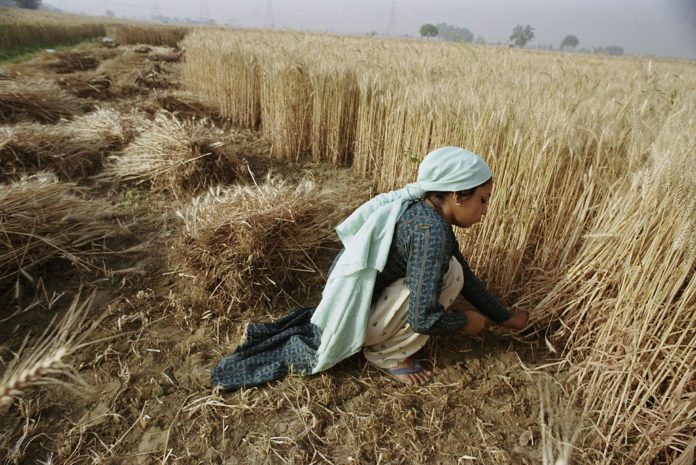ISLAMABAD (ABC) – China’s remarkable journey of agricultural modernization has not only ensured food security for its huge population but also presents valuable lessons and opportunities for Pakistan to revitalize its agriculture, according to WealthPK.
“China has been assisting Pakistan in modernizing its agriculture sector by sharing advanced farming technologies, promoting agricultural research, and facilitating knowledge exchange.
The collaboration and innovation between the two countries could be crucial in achieving significant advancements in agriculture – a sector pivotal to Pakistan’s economy,” said Said Adnan Khan, a representative of the CPEC Authority.
“The CPEC has also played a crucial role in boosting agricultural cooperation and led to the development of backward and forward linkages, positively impacting the agriculture sector in Pakistan.
Despite a decade-long decline, the agriculture sector is now benefiting both directly and indirectly from the CPEC,” he said.
“Being a developing country, Pakistan faces a major issue of post-harvest losses in fruits and vegetables accounting for almost 35 to 40% of the total production.
The losses are mainly caused by the poor handling practices of perishable products, inefficient transportation, and lack of proper storage facilities and market infrastructure.
“Nearly 15-20% of the losses occur during the management of harvested crops, while 5-8% is lost during the harvesting process.
Additionally, there is a significant loss of 10-12% of fruits and vegetables during transportation. These figures highlight the urgent need for implementing sustainable and efficient practices in agriculture to reduce food waste and improve productivity,” Adnan explained.
Adnan said that one of the key lessons Pakistan can learn from China is effective management of post-harvest losses by adopting the expertise of reducing losses, and fostering value-added products and industries through research and development (R&D) collaboration.
He believes embracing these innovations can lead to a revolution in Pakistan’s agricultural sector, addressing key challenges such as food wastage, enhancing productivity, and ensuring long-term sustainability.
In an interview with WealthPK, M. Bilal, Scientific Officer at the National Agricultural Research Council (NARC), said biological control offered a promising solution to the problem of crop pests in Pakistan, and China’s remarkable achievements in biological pest control served as an inspiration.
“Crop pests pose a major challenge to farmers, as they cause substantial damage to crops resulting in lower yields and revenue.
However, the implementation of biological control measures can effectively address this issue.
Despite this, Pakistan still lacks a reliable and strong pest monitoring and forecasting system, which makes the country heavily dependent on pesticides for prevention and control of crop pests,” he said.
Statistics reveal a staggering increase in Pakistan’s annual pesticide consumption, surging from 50,000 tons per year in 2001 to a staggering 200,000 tons per year in 2020 over the past two decades.
“In order to substantially reduce Pakistan’s dependence on chemical pesticides, China’s extensive experience and knowledge in biological pest control must be leveraged,” he suggested.
“In order to combat pests, China has created a novel method that makes use of a remote sensing dynamic prediction model.
This model integrates data from various monitoring sources of different scales, which allows for the mapping of prevalence of pests and diseases, as well as tracking their migratory patterns.
By utilizing the remote sensing technology, China has been able to accurately predict and identify pest and disease outbreaks, enabling timely and targeted responses.”
Furthermore, he highlighted the potential for collaboration and knowledge exchange between Pakistan and China, particularly in areas such as organic farming, conservation efforts, and value chain optimization.
He emphasized that by harnessing China’s support and expertise, Pakistan could transform its agrarian economy into a technologically advanced and sustainable sector capable of meeting the future challenges and ensuring food security for its population.

